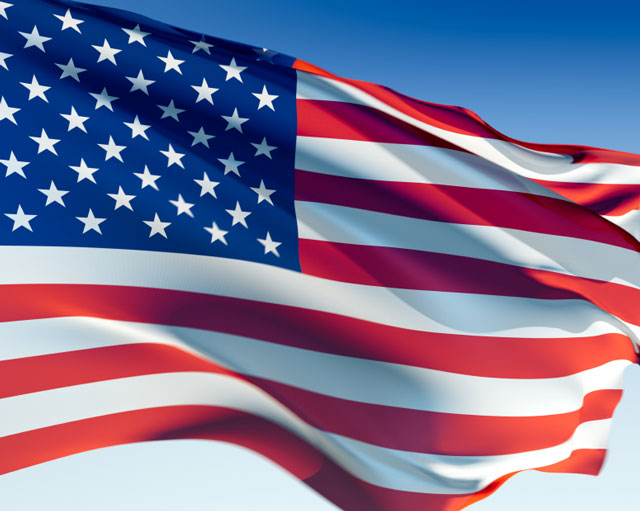US Government pushing for intervention to end financial crisis
 Washington, Oct. 10 : The Bush administration is considering a partial nationalization of some banks, buying up a portion of their shares to shore them up and restore confidence as part of the 700 billion dollar government bailout.
Washington, Oct. 10 : The Bush administration is considering a partial nationalization of some banks, buying up a portion of their shares to shore them up and restore confidence as part of the 700 billion dollar government bailout.
According to the Washington Post, the government is of the view that at present it does not have any other option as far as the financial sector is concerned.
With the recent takeovers of major lenders Fannie Mae and Freddie Mac and the bailout of AIG, the U. S. government is now effectively responsible for providing home mortgages and life insurance to tens of millions of Americans.
Many economists are asking whether it remains a free market if the government is so deeply enmeshed in the financial system.
Given that the United States has held itself up as a global economic model, the change could shift the balance of how governments around the globe conduct free enterprise, the paper claims in its report.
Over the past three decades, the United States has led the crusade to persuade much of the world, especially developing countries, to lift the heavy hand of government from finance and industry.
But the hands-off brand of capitalism in the United States is now being blamed for the easy credit that sickened the housing market and allowed a freewheeling Wall Street to create a pool of toxic investments that has infected the global financial system.
The heavy intervention by the government, critics say, is further robbing Washington of the moral authority to spread the gospel of laissez-faire capitalism.
"People around the world once admired us for our economy, and we told them if you wanted to be like us, here''s what you have to do -- hand over power to the market," said Joseph Stiglitz, the Nobel Prize-winning economist at Columbia University.
"The point now is that no one has respect for that kind of model anymore given this crisis. And of course it raises questions about our credibility. Everyone feels they are suffering now because of us," he adds.
The repercussions of crisis that began in the United States are global. European leaders who are no strangers to regulation are piling on Washington for gradually pulling the government watchdogs off the world''s largest financial sector.
Led by French President Nicolas Sarkozy, they are calling for broad new international codes to impose scrutiny on global finance.
To some degree, those calls are even being echoed by the International Monetary Fund, an institution charged with the promotion of free markets overseas and that preached that less government was good government during the economic crises in Asia and Latin America in the 1990s. Now, it is talking about the need for regulation and oversight.
In much of the developing world, financial systems still remain far more governed by the state, despite pressure from the United States for those countries to shift power to the private sector and create freer financial markets. They may stay that way for some time.
With the U. S. government''s current push toward intervention and the soul-searching over the role of deregulation in the crisis, the stage appears to be at least temporarily set for a more restrained model of free enterprise, particularly in financial markets. (ANI)